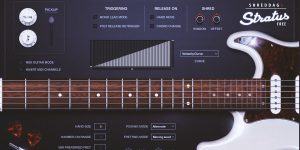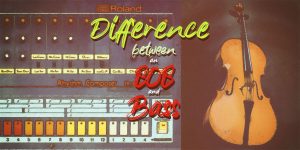When creating music, finishing tracks and bringing them to a satisfying conclusion is often challenging for many musicians. A creative approach and a flash of inspiration are needed to get started on a track, but dedication and discipline are what it takes to see it through to the end. Getting beyond this obstacle and actually finishing the project is crucial to your development as a musician.
In this article, we’ll take a look at several efficient, well-tried tips on how to finish songs so that they sound perfect and stand out amongst the crowd. By the end, you’ll have all the tools you need to escape from the 8-bar loop, develop the idea and finally finish your track.
Why is finishing your tracks so important?
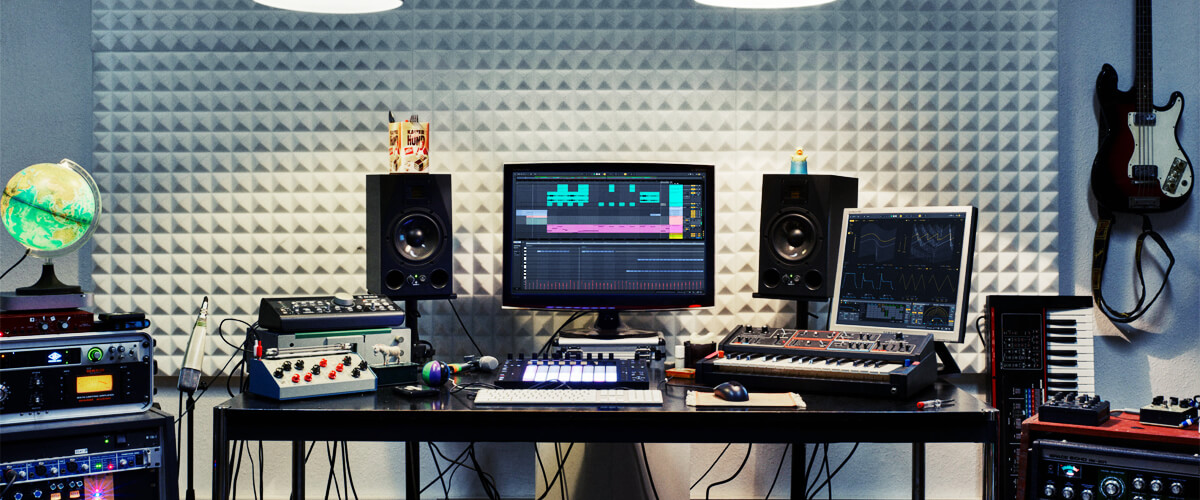
The more practice you put into any given ability, the better you’ll get at it. You will never improve as a music producer if you don’t learn how to finish your compositions in a high-quality and beautiful way.
Music production requires a long time to perfect since it is a combination of various different skills that must be learned. If you don’t go past the loop, you’re not practicing crucial competencies like understanding how to construct an engaging and varied composition or mixing your tracks to a pro standard. By finishing your tracks, you learn to work on the song to the very end. You might have an interesting idea, catchy hook, or vision on how to implement an old demo. And it’s very important to bring it to completion, even if now it doesn’t turn out perfectly or seem like a super hit.
Breaking out of the loop
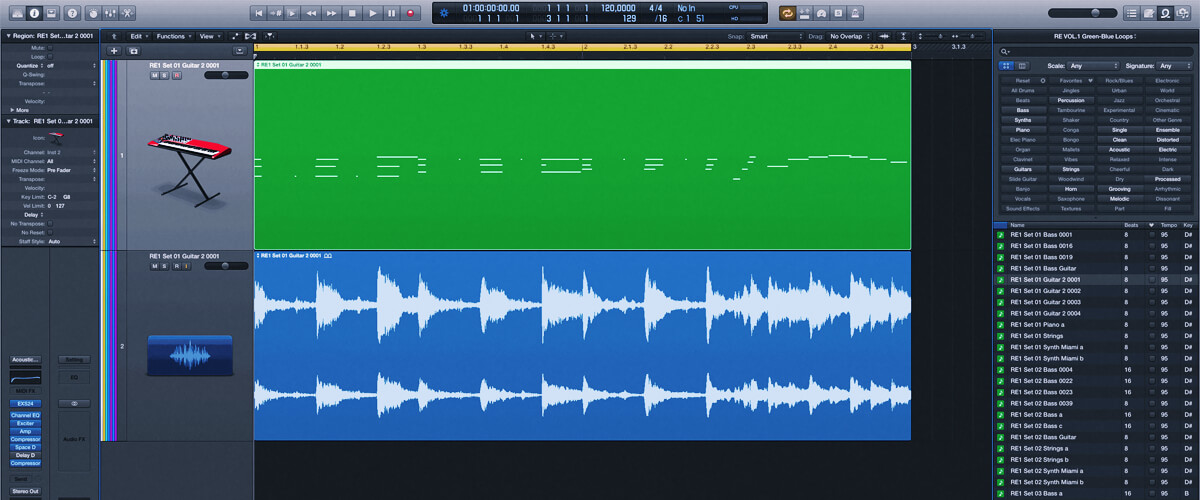
So, how might the process of completing tracks be streamlined? Here’s a great approach.
If you already have a 4- or 8-bar long loop and enjoy it, this is a great beginning. Now, try to imagine what your song should look like – how many verses, choruses, and bridges it’ll have. If you’re working in a DAW, mark up the structure with regions and markers. Then multiply your loop all over this structure and start removing details from it. After that, create dynamics and leave the most complete structure on the climax parts. Next, you can remove some instruments from sections. It’s totally fine if bridges and transitions will only have one instrument or percussion. At this stage, your task is to smoothly lead the listener from the state of calm to the culmination. When this part of the work is finished, take a short break.
Enhancing your arrangement
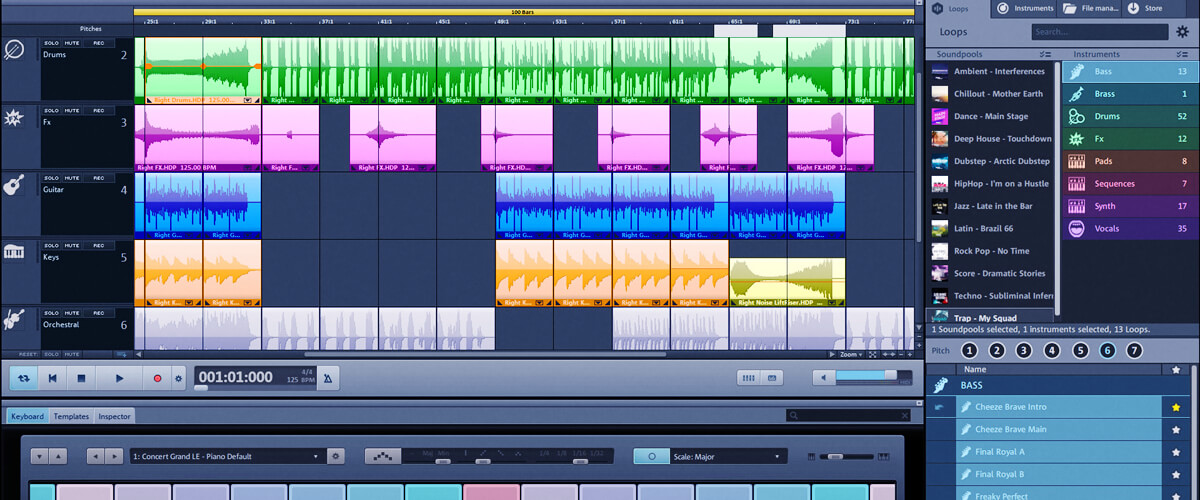
Now it’s time to consider improving your arrangement so that it remains interesting and engaging throughout. Keep in mind the following:
- Make decisions quickly. When you select new sounds from your sample libraries or VST instruments, avoid analyzing what you hear; just listen to the sounds themselves. If you don’t really enjoy how your sound effect, preset of the VSTi, or sample sound, if you want to change anything (e.g., the timbre with VST EQ or to tighten the dynamics with VST compressors), then this is not your choice. Search further until you find those sounds that themselves will “fall” into your composition by ear.
- Give up the idea of additional processing of sounds. You may think that adding VST effects (reverb or delay) will make your music sound more engaging. Yes, you’re right – it will sound more engaging when you start mixing your track. But now, these actions will slow you down and probably lead to the fact you will get stuck again.
How to finish tracks faster

Here are several tips on how to speed up the creation of musical ideas and make the whole process of production more focused and efficient.
- Get inspired
- Expand your sound library
- Turn off your phone
- Take breaks
- Set deadlines
Before you start, spend at least half an hour listening to music in the same genre as yours. Watch videos with other producers and pay attention to the techniques they use. It’ll help to understand how professionals do their job and choose something that will work for you.
Another nice and useful thing to do is to expand your sound library.
Here’s a life hack that will help streamline your workflow and save money. Buying new sound banks and VSTi is the most obvious way to grow your library, of course. However, you can also achieve this thanks to your own knowledge. I’m sure you have huge collections of free samples, SFX packs, producer kits, and loops, but I bet you don’t remember what sounds some of them contain. So take at least one day a week when you don’t create music and carefully view your library. Make sure to take notes when you particularly like a certain sound bank. Thank me later when you see how effective this method is!
Easier said than done! But you must do it if you want to achieve good results. It’s really disappointing and frustrating when you get distracted in the middle of improvisation or recording. You can easily lose the idea that has come to you. Such a pity!
When you feel a bit tired and don’t know how to develop an idea, you can stop for a while. Take your mind off the work, but do not use gadgets. Make yourself a cup of tea or coffee, and, while enjoying it, think about the mood that your current composition carries. Try to explain to yourself the emotions you want to convey. How should the listener feel when they hear your song? I promise you’ll be surprised at the serious effect such simple things have.
Deadlines and time management help you focus your mind, and that’s true. However, there is one more effective and extremely enjoyable way to motivate yourself to finish tracks faster. Promise yourself your guilty pleasure if you complete a certain amount of tasks by a certain time. Succeed? Treat yourself. You deserve it!

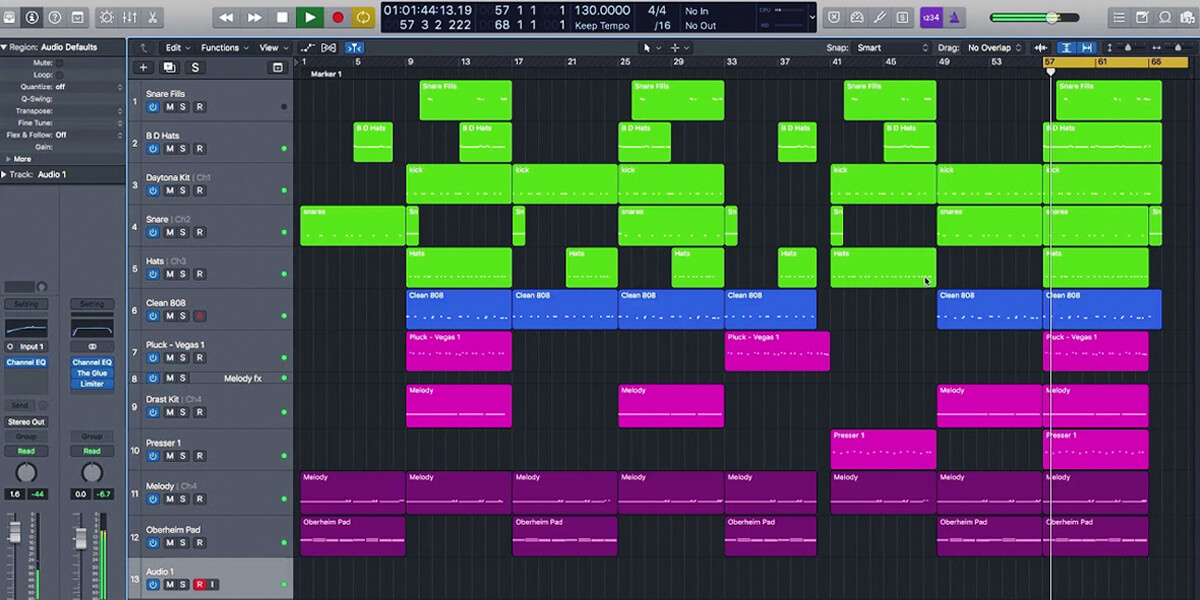



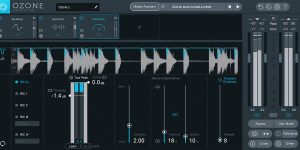
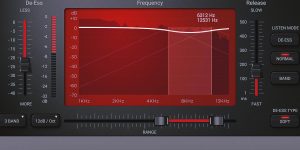
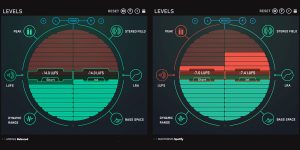
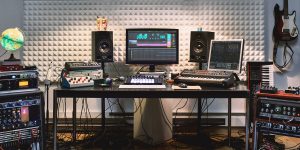
![What exactly makes a song good? [The Hits Anatomy]](https://dopevst.com/wp-content/uploads/2023/08/what-makes-music-good-300x150.jpg)

